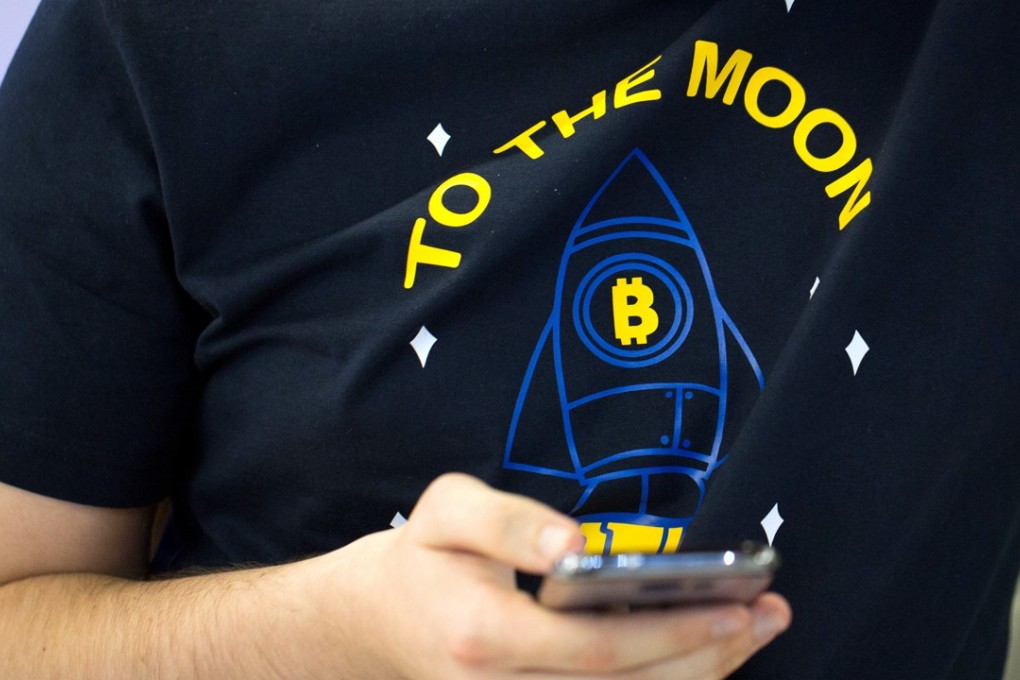From bedwetting to blockchain: How a Hong Kong tech start-up is riding the bitcoin craze
UBI Blockchain has become one of the most valuable publicly traded companies in the bitcoin universe – now the firm with just 18 staff has registered to sell an additional 72.3 million shares owned by executives

With hardly a year of operations under its belt and scant results to show for it, UBI Blockchain internet is riding buzzwords to a stock boom.
It’s become one of the most valuable publicly traded companies in the bitcoin universe – second only to LongFin Corp. The stock surged almost 1,000 per cent this year, valuing UBI Blockchain at US$1.2 billion.
Now, the Hong Kong-based company has registered to sell an additional 72.3 million shares owned by executives including chief executive officer Tony Liu, regulatory filings show.
But persuading would-be shareholders to wager on an untested business model could prove challenging for a company with 18 employees, no revenue and whose regulatory filings list a disconnected phone number. The volatility of bitcoin, considered a proxy for companies that rely on blockchain technology, isn’t helping either.
“The profile of this company is scary,” says Charles Lee, a professor of management and accounting at Stanford University.